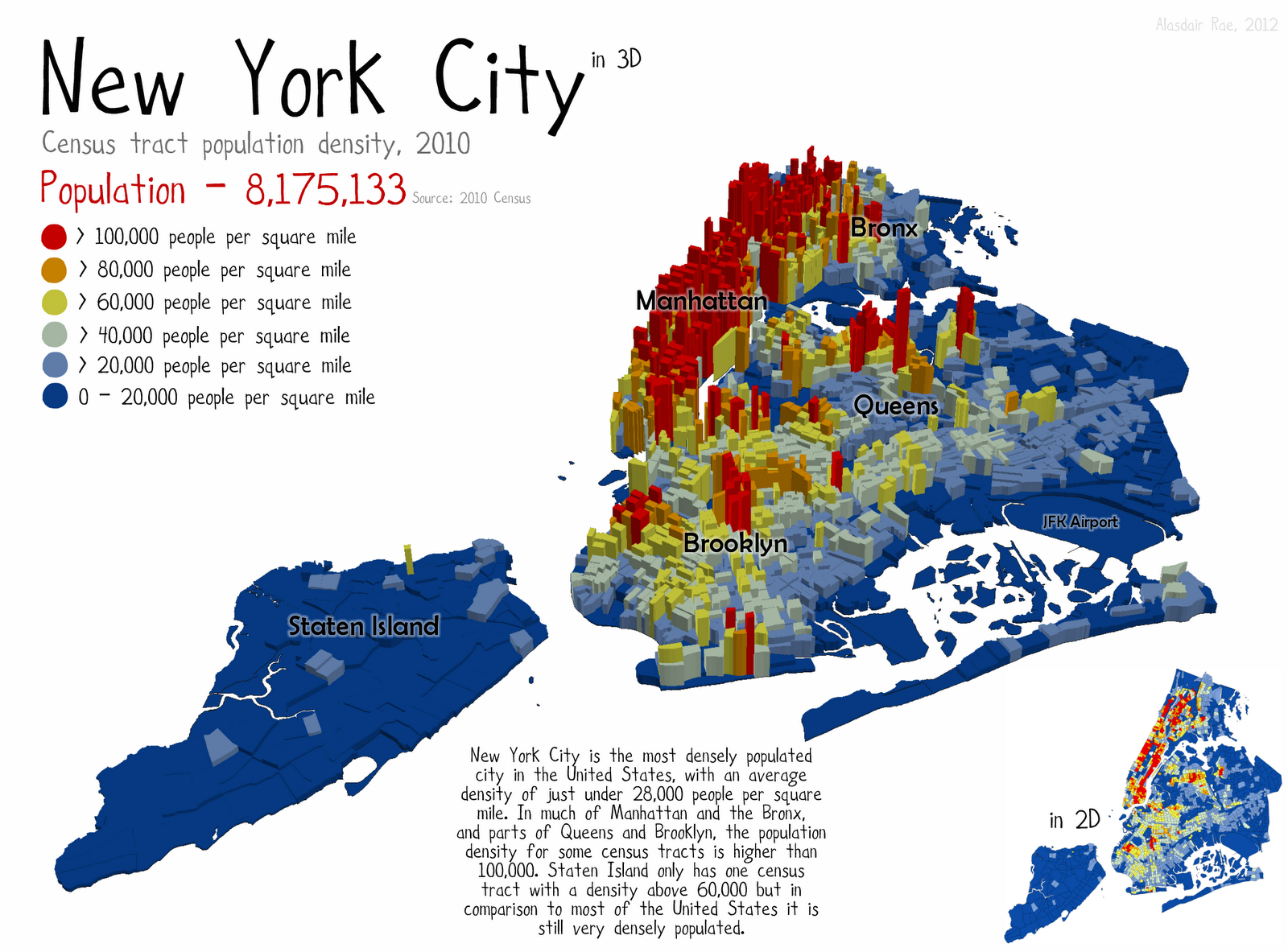Current Air Quality News in New York City
As of January 2025, the air quality in New York City (NYC) has been a topic of significant interest, with various reports and updates highlighting the current conditions and forecasts. With an estimated 107 million search results available on the topic, it is clear that air quality remains a pressing concern for residents and visitors alike.
Overview of Air Quality in NYC
Air Quality Index (AQI)
The Air Quality Index (AQI) is a crucial tool used to gauge the level of air pollution and its potential impact on health. According to AccuWeather, the localized AQI for NYC provides real-time data and forecasts, allowing individuals to track air pollution levels and make informed decisions about outdoor activities. The AQI is categorized into different levels, with values below 50 considered "good," while values above 300 indicate hazardous conditions.
Recent Reports
NBC New York reported that despite concerns about poor air quality, the current conditions in NYC are fine. The air quality index has remained below the critical thresholds, allowing residents to breathe easier. This report emphasizes the importance of staying updated on air quality, especially during times of environmental stress.
The New York State Department of Environmental Conservation has been actively monitoring air quality and has issued advisories when necessary. Their website provides a comprehensive forecast of AQI values across various regions, including NYC, Rockland, and surrounding areas.
FOX 5 New York highlighted a recent air quality alert issued for NYC and parts of New Jersey, indicating that residents should remain vigilant about pollution levels. The alert serves as a reminder of the fluctuating nature of air quality, which can be influenced by various factors, including weather patterns and industrial activities.
IQAir has noted that despite being the most populous city in the United States, NYC has maintained relatively clean air on average, with AQI values typically remaining below 50 in recent years. This statistic is encouraging, but it is essential to remain aware of potential spikes in pollution levels.
A significant concern arose in June 2023 when NYC experienced some of the worst air quality in the world due to Canadian wildfires. The AQI soared above 340, prompting health warnings and advisories for residents. This incident underscores the impact of external environmental factors on urban air quality.

Real-Time Monitoring
Several platforms provide real-time monitoring of air quality in NYC:
- aqicn.org offers a detailed breakdown of various pollutants, including PM2.5, PM10, NO2, SO2, O3, and CO levels, allowing residents to understand the specific components of air quality that may affect their health.
- CBS News has reported on ongoing health advisories related to ground-level ozone, which can exacerbate respiratory issues, particularly during warmer months.
Health Implications
The health implications of poor air quality are significant, particularly for vulnerable populations such as children, the elderly, and those with pre-existing health conditions. The New York City Department of Health and Mental Hygiene has been proactive in addressing these concerns, advocating for measures to reduce emissions from sources like charbroilers in restaurants, which contribute to air pollution.
Recent Initiatives
Curbing Charbroilers' Impact: A recent article from the New York Daily News discusses initiatives aimed at reducing emissions from charbroilers, which are prevalent in many NYC restaurants. Implementing stricter regulations could potentially prevent hundreds of premature deaths linked to air pollution.
Congestion Pricing: In an effort to reduce traffic congestion and improve air quality, NYC has introduced congestion pricing for vehicles entering lower Manhattan. This initiative aims to minimize vehicular emissions, which are a significant contributor to urban air pollution.

The air quality in New York City is a dynamic issue that requires constant monitoring and public awareness. With various resources available for tracking AQI levels and understanding the health implications of air pollution, residents are encouraged to stay informed. While recent reports indicate that the air quality is currently acceptable, the potential for fluctuations remains, particularly due to external factors such as wildfires and urban emissions.
For the latest updates on air quality in NYC, residents can refer to resources like AccuWeather, NBC New York, and the New York State Department of Environmental Conservation. Staying informed is crucial for making healthier lifestyle choices and protecting public health in the face of environmental challenges.




